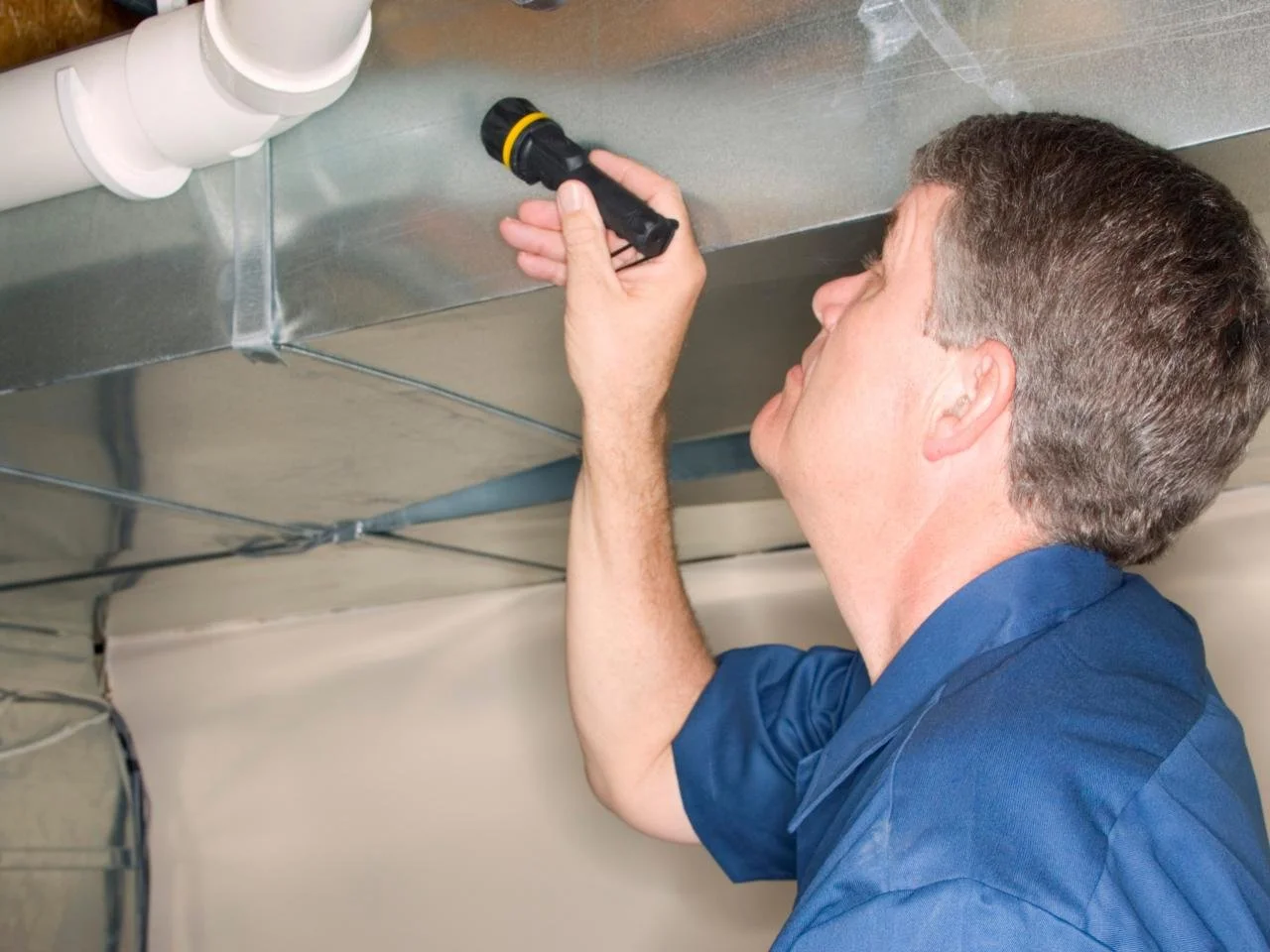Mold Detection Is an Important Part of Your Home Inspection
When it comes to the health of your home and family, you can’t afford to ignore a mold problem. If you notice symptoms like a runny nose, itchy eyes and coughing, it’s time to hire a professional inspection team.
Mold grows on moist surfaces like carpets, drywall, wood and rugs. This is especially true in damp areas of your home that don’t dry quickly or easily.
Moisture
Moisture is one of the major factors that contribute to mold growth. It can be the result of leaks in pipes or roofs, condensation on cold surfaces, or flooding due to rainstorms and other weather events.
It can also be a result of moisture accumulation from daily routines like bathing and washing clothes. A home or building with excessive moisture should be treated as soon as possible to minimize the risk of mold.
Mould growth is a serious concern for anyone. It is not only visible but can also cause health problems and property damage.
If you find an area that looks or smells like mold, remove it and bag it to be thrown out. This includes insulation, gypsum wallboard, plaster, carpet/carpet pad, ceiling tiles, wood products (other than solid wood) and paper products.
Allergens
Mold isn’t the most common allergen, but it can cause a number of different reactions in sensitive people. Symptoms are similar to allergies to dust, pet dander or pollen, and they can include itchy eyes, skin or nose.
If you’re having trouble locating the source of your symptoms, talk to your doctor about testing for allergies. A skin prick test or blood test can help pinpoint what might be causing your allergy symptoms.
Depending on your medical history, your doctor may refer you to an allergist for more in-depth testing. Allergists specialize in identifying and treating allergies, and they can also use a skin or blood test to determine your exact allergy sensitivity.
Health
Molds can be a source of health problems. They can irritate the eyes and respiratory system. They can also trigger allergies.
They can produce toxins called mycotoxins under certain conditions. These toxins can cause some health symptoms, like headaches, fatigue, and memory loss.
People with weakened immune systems, asthma, and mold allergies can be more susceptible to health problems from exposure to molds. Some people may even develop more severe reactions.
If you have a health problem, talk to your doctor or allergist about ways you can reduce the amount of mold in your home. They may recommend an allergy test or treatment. They may also want to know if you've had any exposure to molds in the past.
Remediation
Detecting mold is an important part of your home inspection. Whether you are selling your home or buying one, it is important to know what mold levels there are so that the property can be cleaned up and remediated.
During your inspection, the professional inspector will look for signs of moisture that may lead to mold growth. This includes water leaks in the structure, groundwater intrusion and high humidity levels.
Once they have found the source of your moisture problem, the inspection team will fix the source and dry out the area. This is the most effective way to prevent or limit mold growth.
Remediation plans usually cover cleaning and disinfecting the affected areas, relocating occupants where necessary and using personal protective equipment (PPE) when removing or encapsulating moldy building materials. This will ensure that any mold spores left behind can be completely removed. The plan will also include a thorough visual and sensory survey to determine if all mold is gone.

